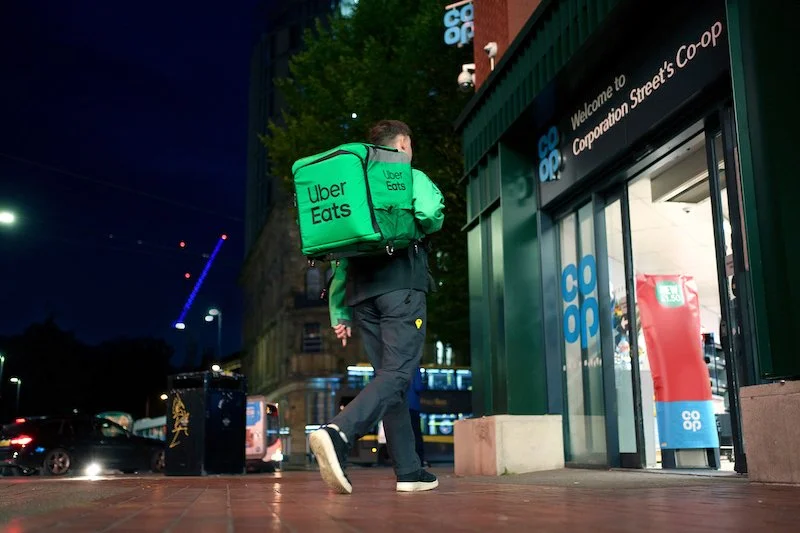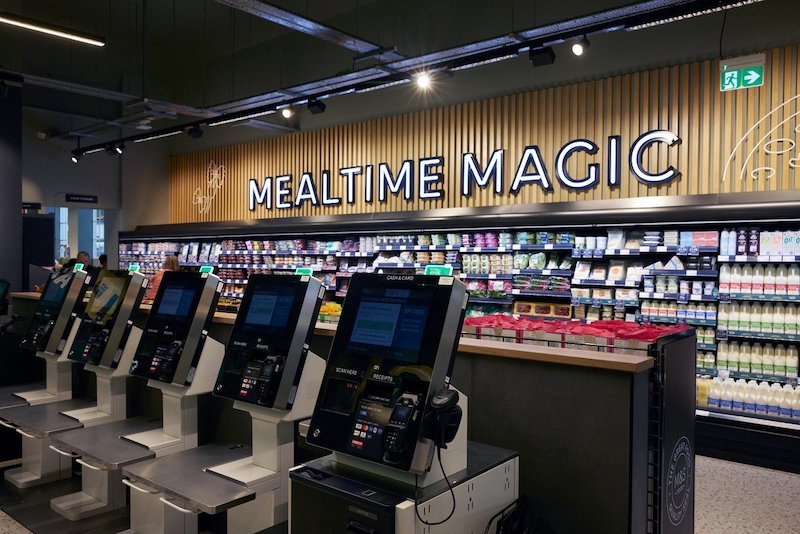Retail trade identified as the biggest contributor to UK economic growth in May
The Office for National Statistics (ONS) published a report on 11th July that highlighted the retail trade as being the biggest contributor to economic growth in the UK. It also revealed that retail traders saw a 2.9% increase in trade in May, suggesting that the trade had recovered from April’s 1.8% decline.
Overall, the gross domestic product (GDP) made an increase of 0.4% in May, which exceeded projection estimates. Priorly, GDP was projected to only make an increase of 0.2%, which suggests that it was up by double the estimate.
Aside from retail, other sectors that contributed to the economic growth in May included accommodation, food and beverage services, and sports, amusement, and recreational activities.
Several sectors did not contribute to the growth at all and, in fact, hindered GDP from growing higher. This included wholesale and retail trade, travel agency tour operators, and casinos. This may be due to UK customers turning to EU-based traders for these services.
For example, there are many EU casinos that accept UK players. These sites attract players by offering big bonuses and quicker payouts, much like the increasingly popular cryptocurrency casino, where players can deposit and play with Bitcoin, Ethereum, and others to enjoy fast and anonymous transactions.
There are also many EU-based retail traders and tour operators that serve the UK market, so customers are not short on choices in any sector.
Regardless of the reasons why other trades performed poorly, the high level of retail shopping that took place in May was enough to mitigate the shortfalls of poorly performing industries.

In addition to being a leading contributor to economic growth, the new ONS report also suggests that retail has been the leading industry in the growth of consumer facing services over a three-month period.
In the months leading up to May, consumer facing services reportedly grew by 0.5%. Plus, output from consumer facing services increased by 0.8% in May.
This information corroborates the information that the ONS published in their ‘Retail Sales, Great Britain’ report they released on 21st June. In this report, which also examined the month of May, it stated that retail sales were up by 2.9%.
Sales had fallen by 1.8% in April, which again suggests that May was a particularly good month for retail.
This earlier report also highlighted what specific types of retail businesses contributed to the overall growth. As expected, non-store retail underwent a sales volume increase of 5.9%, which made it the most prosperous type of retailer. Examples of non-store retail include e-commerce businesses.
Other prominent retail business types included textile, clothing and footwear stores, and household goods stores. Poor-performing business types included food stores and department stores.
However, a combination of all the non-food stores - i.e., household, clothing, and department - underwent a sales volume increase of 3.5%. This is the highest increase made by non-food stores since April 2021, which is definitely notable.
Given that consumer confidence had reportedly grown in November 2022 and yet non-food stores still didn’t break April 2021’s record suggests that consumer confidence is definitely in a healthy place in 2024.
Reports released later this year will likely show even more of a GDP increase due to more Britons travelling and spending money on entertainment activities.






























Continue reading...